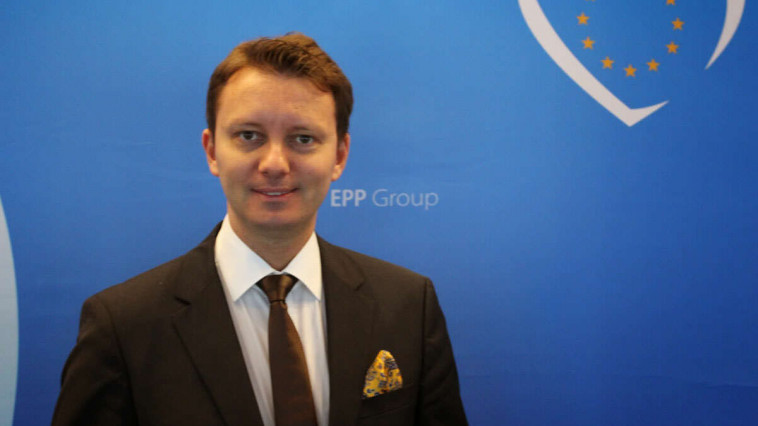Letter on tax and capital amnesty to President of European Commission

MEP Siegfried Muresan, deputy chairman of the Committee on Budgets of the European Parliament and a member of the EU – Moldova Parliamentary Association Committee, transmitted a letter to the President of the European Commission Jean-Claude Juncker. In his letter, the MEP asks the Commission to seek explanations from Moldova concerning the necessity of the law on capital liberalization and tax stimulation that was passed by Parliament in the first reading last week.
The MEP says the title of this legal act can give the impression that the bill is aimed at improving the country’s economic situation and the business environment. In reality, this draft law, according to him, is a cvasi-total tax amnesty provided to private individuals who will voluntarily declare and register the undeclared assets until July 1, 2017 by paying a tax of 2% of the value of these possessions, IPN reports.
According to the MEP, this bill was passed by Parliament in a hurry. Having the Speaker of Moldova’s Parliament among its authors, the draft law went through the process of discussion as a legislative initiative to adoption in the first reading in about two weeks. Before the bill was debated in Parliament in the first reading, there was held a superficial public consultation two days before the vote in Parliament.
Siegfried Muresan noted there is no assessment of the impact of such a law on Moldova’s economy. Also, the law does not stipulate a clear mechanism for ensuring the implementation of the planned measures. “The initiators said the law stimulates investment in Moldova and will increase transparency. In fact, this law legalizes illegally obtained property and incomes. The Moldovan authorities repeatedly committed themselves to fight corruption, money laundering and fraud, but this bill goes in the opposite direction. This law does not combat money laundering, but facilitates it,” said the MEP.
He also said that the bill applies to several persons with significant property that cannot be justified. He wants to know to what extent the European Commission was consulted about this bill beforehand. If this wasn’t done, he requests to initiate a dialogue with the Moldovan authorities to ask for explanations concerning this bill so as to obtain assurances that any legal act adopted in this field is concordant with the commitments made by the Moldovan authorities to the EU.














